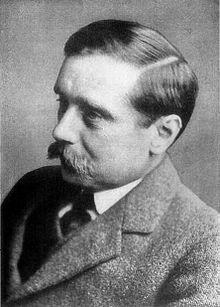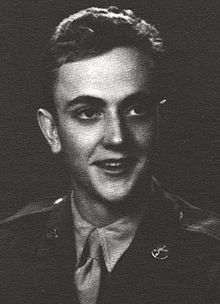
Paul Auster quotes about life
American Author, Writer February 3, 1947
Paul Auster quotes in frenchPaul Auster quotes in russian
Paul Auster quotes in german
Cite this Page: Citation
Quotes
Yes, she is in love with him, and yes, in spite of his qualms and inner hesitations, he loves her back, however improbable that might seem to him. Note here for the record that he is not someone with a special fixation on young girls. Until now, all the women in his life have been more or less his own age. Pilar therefore does not represent an embodiment of some ideal female type for him--she is merely herself, a small piece of luck he stumbled across one afternoon in a public park, an...
Paul Auster
I felt the taste of mortality in my mouth, and at that moment I understood that I was not going to live forever. It takes a long time to learn that, but when you finally do, everything changes inside you, you can never be the same again. I was seventeen years old, and all of a sudden, without the slightest flicker of a doubt, I understood that my life was my own, that it belonged to me and no one else.
I’m talking about freedom, Fogg. A sense of despair that becomes so great, so crushing, so...
Paul Auster
Surely it is an odd way to spend your life - sitting alone in a room with a pen in your hand, hour after hour, day after day, year after year, struggling to put words on pieces of paper in order to give birth to what does not exist, except in your head. Why on earth would anyone want to do such a thing? The only answer I have ever been able to come up with is: because you have to, because you have no choice.
Paul Auster
But if these unavoidable separations cause you a measure of pain, they also increase your longing for her, and perhaps that isn’t a bad thing, you decide, for you spend your days in the thrall of breathless anticipation, agitated and alert, counting the hours until you can see her and hold her again. Intense. That is the word you use to describe yourself now. You are intense. Your feelings are intense. Your life has become increasingly intense.
Paul Auster
For the first time in his life, he stopped worrying about results, and as a consequence the terms “success” and “failure” had suddenly lost their meaning for him. The true purpose of art was not to create beautiful objects, he discovered. It was a method of understanding, a way of penetrating the world and finding one’s place in it, and whatever aesthetic qualities an individual canvas might have were almost an incidental by-product of the effort to engage oneself in this struggle, to enter...
Paul Auster
When the father dies, he writes, the son becomes his own father and his own son. He looks at is son and sees himself in the face of the boy. He imagines what the boy sees when he looks at him and finds himself becoming his own father. Inexplicably, he is moved by this. It is not just the sight of the boy that moves him, not even the thought of standing inside his father, but what he sees in the boy of his own vanished past. It is a nostalgia for his own life that he feels, perhaps, a memory...
Paul Auster
He wonders if words aren't an essential element of sex, if talking isn't finally a more subtle form of touching, and if the images dancing in our heads aren't just as important as the bodies we hold in our arms. Margot tells him that sex is the one thing in life that counts for her, that if she couldn't have sex she would probably kill herself to escape the boredom and monotony of being trapped inside her own skin. Walker doesn't say anything, but as he comes into her for the second time, he...
Paul Auster
For a man who finds life tolerable only by staying on the surface of himself, it is natural to be satisfied with offering no more than his surface to others. There are few demands to be met, and no commitment is required. Marriage, on the other hand, closes the door. Your existence is confined to a narrow space in which you are constantly forced to reveal yourself? and therefore, constantly obliged to look into yourself, to examine your own depths.
Paul Auster
There is nothing more terrible, I learned, than having to face the objects of a dead man. Things are inert: that have meaning only in function of the life that makes use of them. When that life ends, the things change, even though they remain the same. […] they say something to us, standing there not as objects but as remnants of thought, of consciousness, emblems of the solitude in which a man comes to make decisions about himself.
Paul Auster
- 1
- 2
Popular Author
Related Authors
-
 Bret Easton Ellis Author, Writer
Bret Easton Ellis Author, Writer -
CS
C. S. Lewis Author, Writer
-
CM
Colleen McCullough Author, Writer
-
DS
Dan Simmons Author, Writer
-
DK
Dean Koontz Author, Writer
-
 H. G. Wells Author, Writer
H. G. Wells Author, Writer -
KI
Kazuo Ishiguro Author, Writer
-
 Kurt Vonnegut Author, Writer
Kurt Vonnegut Author, Writer -
 Marcel Proust Author, Writer
Marcel Proust Author, Writer -
 Terry Prachett Author, Writer
Terry Prachett Author, Writer